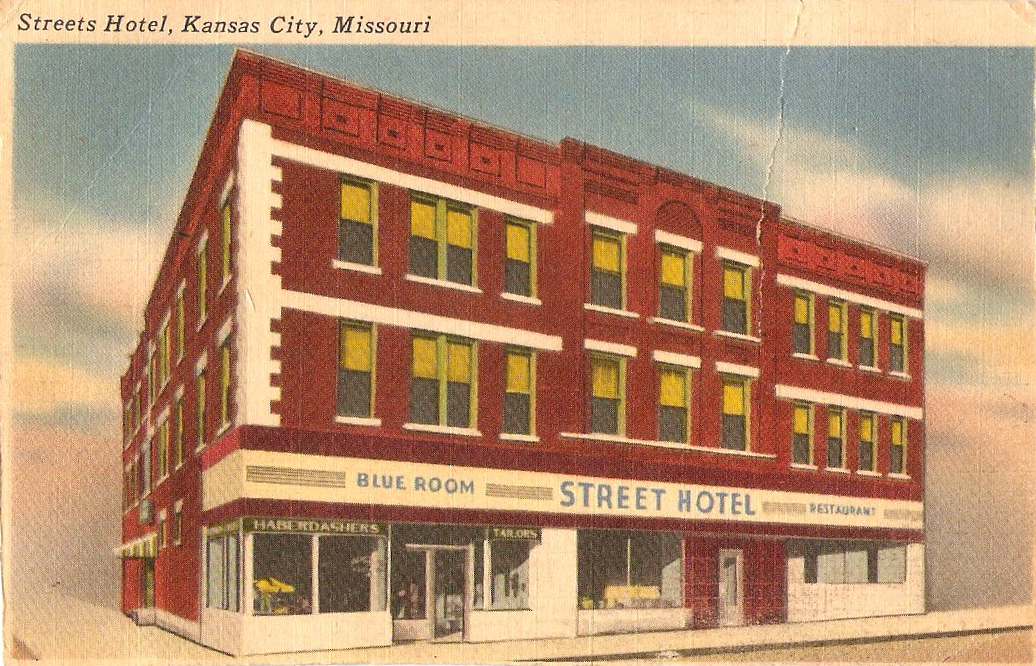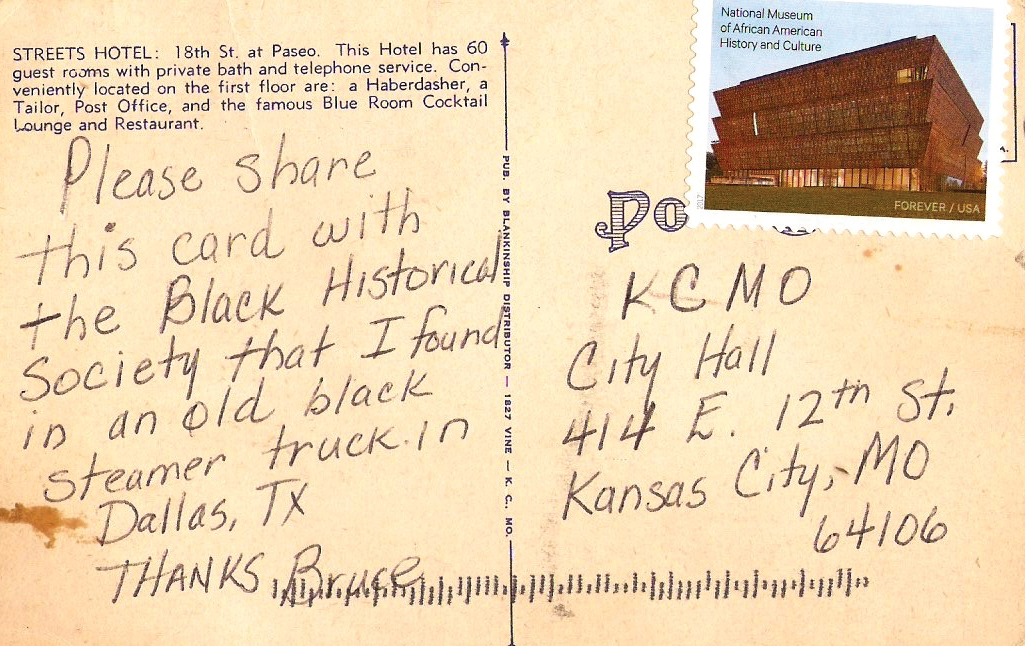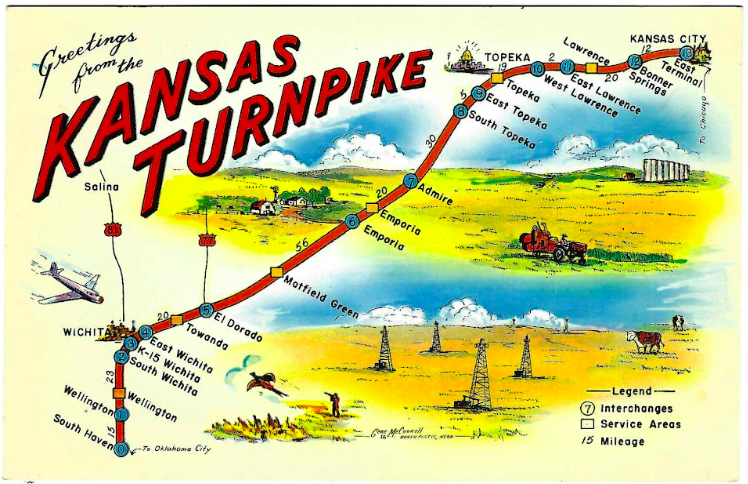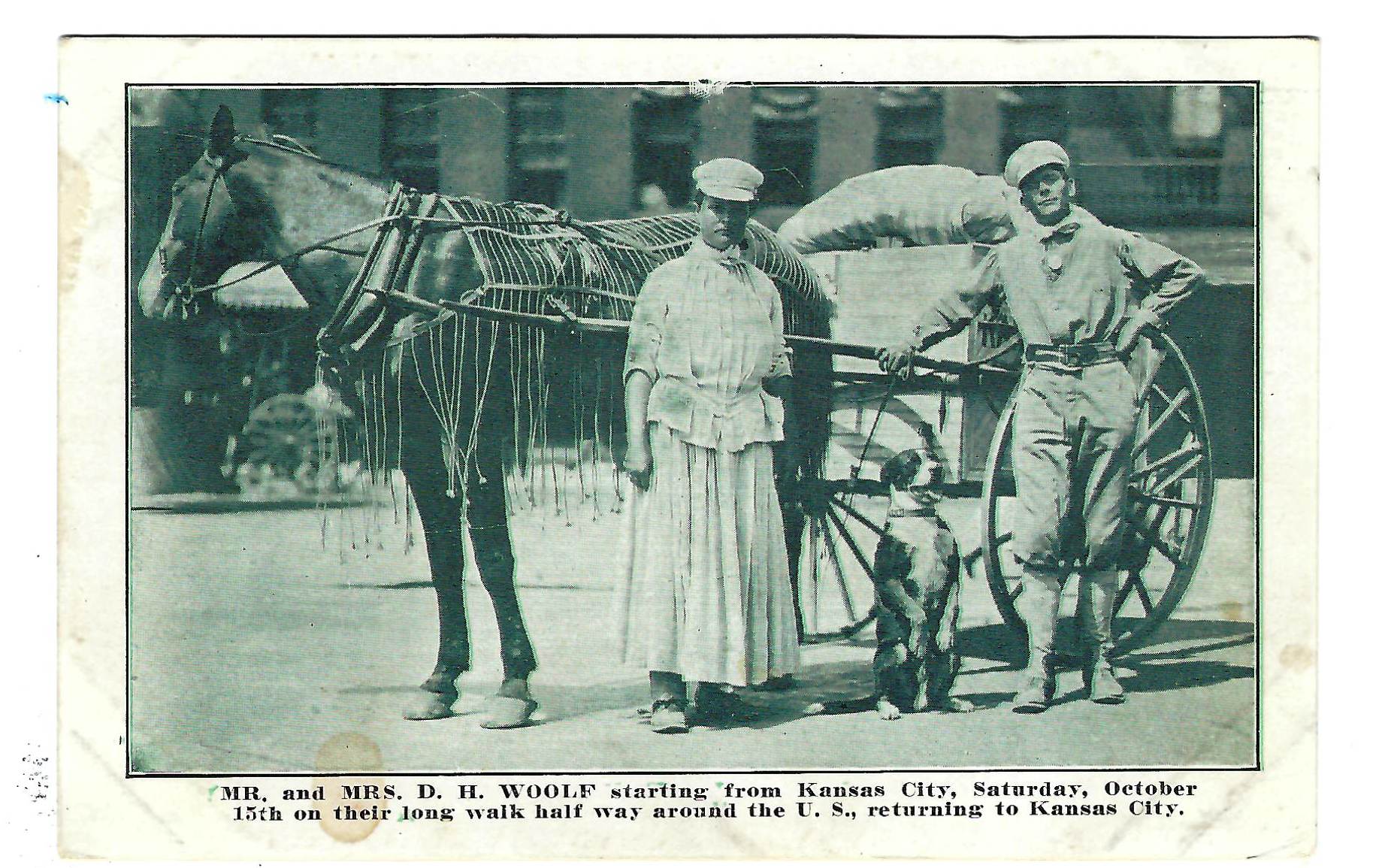Michael Bushnell
Northeast News
This week’s Linen style postcard was published by Blankenship Distributor, 1827 Vine Street in Kansas City, Missouri. The description on the back of the card reads: Streets Hotel. 18th St at Paseo. This hotel has 60 guest rooms with private bath and telephone service. Conveniently located on the first floor are a haberdasher, a Tailor, Post Office and the famous Blue Room Cocktail Lounge and Restaurant.
The hotel was owned and operated by Reuben Street and his wife Della. The building that houses the hotel and iconic lounge was purchased by the Streets for $67,000 cash in 1947 after they leased the property for over 25 years. At the time of purchase, he announced an extensive remodeling campaign with the intent of making the hotel “the most complete hotel for Negro patrons in the country.”
The Streets Hotel was listed in the “Negro Travelers’ Green Book,” a guidebook published annually for African-Americans traveling through America during the era of Jim Crow laws. This guide indicated places that were relatively friendly to African Americans.
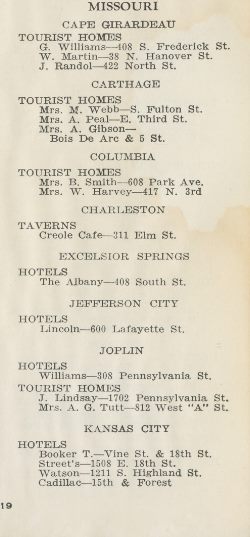
Street’s life reads like a Horatio Alger story,, having risen to prominence after a meager beginning. He was born on a farm on January 1,, 1876 in Nashville, Tennessee, the second of nine children born to Reverend James Street and his wife. Shortly thereafter the family migrated to a farm in what is now the Armourdale district of Kansas City, Kansas where the young Street sold fresh vegetables raised on the farm to area grocery stores and restaurants. At the age of thirteen he accepted a Porter position at hotel in McPherson, Kansas. After two years he migrated to Chicago where he was a cook in a variety of restaurants before migrating to Indianapolis, Indiana where he met his wife Ella. The couple returned to Kansas City in 1903 where the Streets opened a small restaurant near 18th and Troost. Shortly thereafter they moved to the 18th & Paseo space where they remained in business until their retirements in the late 1940’s.
The Blue Room and the Street Hotel was a mecca for the city’s Black population and hosted many annual dinners for organizations in town including the Kansas City Public Service Company’s “Colored Division”. Street was an active businessman in the city throughout his lifetime. He was a founder of the Tri-State Bank of Memphis Tennessee and donated heavily to the War Bond drives during WWII, purchasing over $30,000 in bonds to help fund the war effort. The Streets also contributed much to the area YMCA and YWCA and other area charitable organizations.
Ella Street died in April of 1953. Shortly thereafter in 1954, Street sold the iconic hotel to Robert Williams, a local real estate investor who ultimately defaulted on the $250,000 mortgage. In 1960 the building sold at a public auction for $58,000 to a white lawyer. It was the first time the hotel’s history it was not under Black ownership.
Rueben Street survived his wife by a little over three years, passing away in August, 1956. This postcard was found in an old steamer trunk by a man named Bruce in Dallas, Texas who mailed it to the City Hall mail room in the hopes it would find a home in the Black Archives of Kansas City. During almost thirty years of postcard collecting, this is the first postcard spotlighting a black business enterprise I’ve come across. The card will be donated to the Black Archives of Kansas City following the publishing of this piece.


